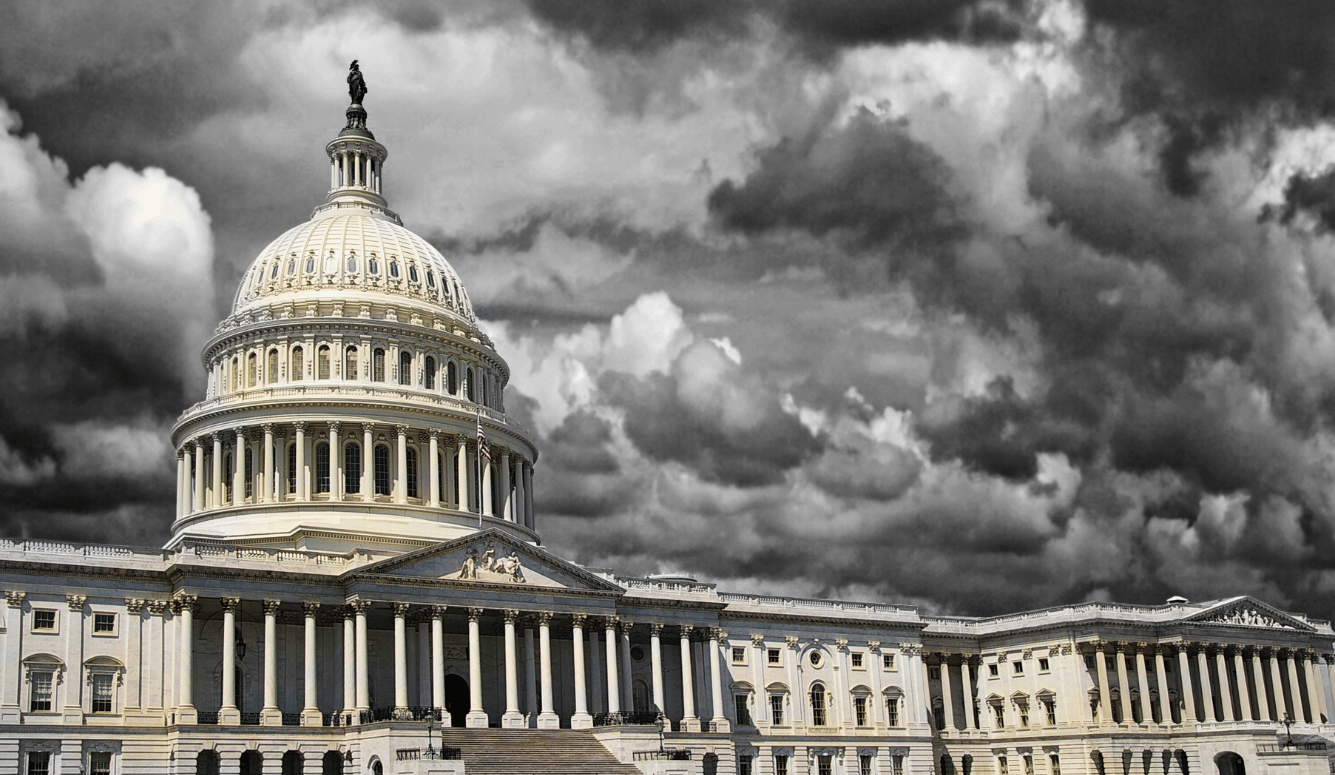Australian History
Political Polarisation in Australia
We are at a crossroads—either we prepare for a world of identity politics and populism, or we restore settlement politics in Australia.

Editor’s Note
The following piece is an excerpt from Damien Freeman’s forthcoming book, The End of Settlement: Why the 2023 Referendum Failed. Freeman’s book is about the history of “settlement politics” in Australia. He defines settlement politics as a situation in which political opponents come to an agreement on some issues, through compromise, while continuing to disagree on others. Freeman claims that settlement politics has been central to Australian politics since Federation but is now breaking down. The End of Settlement will be published this month by Connor Court Publishing.
—William Barker
Thus far, we have been looking at what politicians do when they engage in settlement politics. That is only half the story, however. If the politicians govern, then we also need to consider the attitude of those who are governed. At least in a democracy, those who govern are accountable to those who are governed. Settlement politics is only possible when people are open to compromise; people here being both those who govern and those who are governed. One recent report, as discussed immediately below, suggests that Australian society may be less conducive to settlement politics than it once was.
Settlement politics is only going to be possible in a society in which the people share an approach to living together that seeks to tolerate difference. If the people do not see the need for tolerance and making accommodations for one another, they will not vote for politicians who espouse such an approach. Rather, they will vote for politicians who present as warriors taking no prisoners and fighting to the death for their stance. Increasingly, Australia seems to be moving towards becoming the kind of society that cannot support settlement politics. The 2023 Edelman Trust Barometer is a good indicator of the direction in which things are going.





